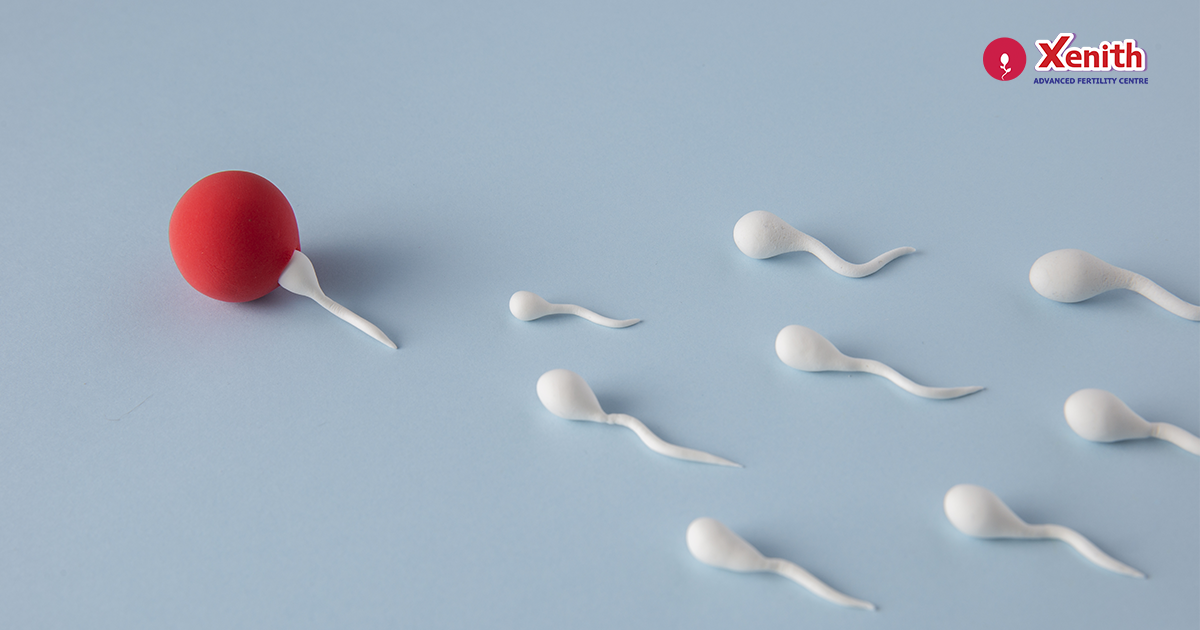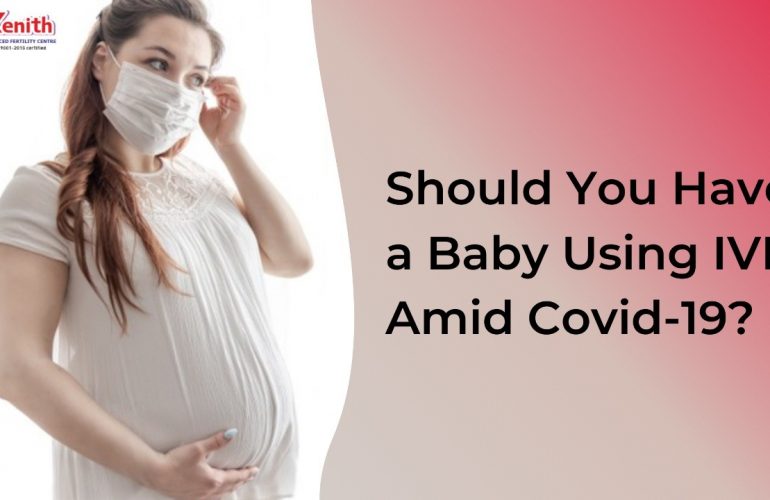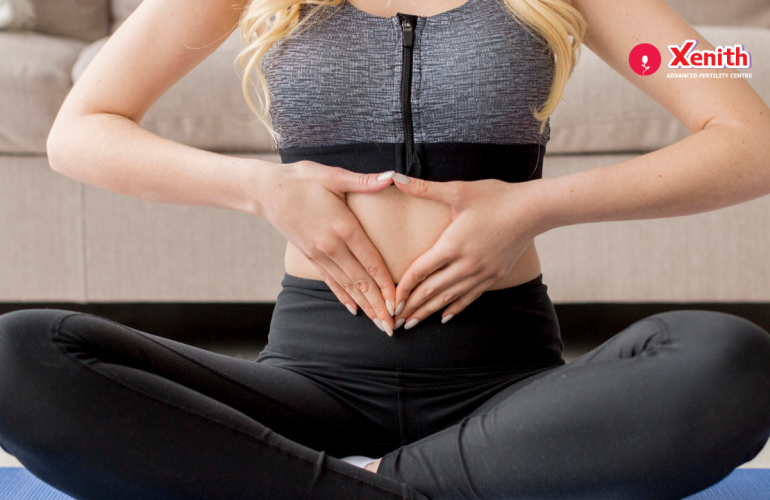When you’re trying to get pregnant, knowing the best time to conceive can make all the difference. Timing is one of the most critical factors when it comes to fertility, and understanding the science behind ovulation gives you a real advantage. The key lies in learning how the ovulation cycle works — the time when your body naturally releases an egg that can be fertilized by sperm.
But when exactly does ovulation happen, and how can you know when you’re at your most fertile? Whether you’re just starting your conception journey or have been trying for a while, we’ll break it down step-by-step and offer you clear, science-backed methods to accurately track your ovulation and fertile window.

Free Thursday Consultation
Book Your AppointmentUnderstanding the Ovulation Cycle
Ovulation typically occurs about 14 days before your next period, regardless of your overall cycle length. For someone with a 28-day cycle, ovulation usually happens around day 14. However, cycle lengths vary from person to person — which means ovulation can occur anywhere between day 11 and 21 depending on your personal hormonal rhythm and health.
The Two Phases of Your Cycle:
- Follicular Phase (Day 1 to Ovulation): This phase begins on the first day of your period. During this phase, your body produces Follicle-Stimulating Hormone (FSH), which stimulates the growth of follicles in the ovaries. One follicle becomes dominant and matures into an egg, preparing for ovulation.
- Luteal Phase (Post-Ovulation): Typically lasts 12 to 16 days. After ovulation, the ruptured follicle transforms into a corpus luteum and starts secreting progesterone to maintain the uterine lining. If no implantation occurs, hormone levels drop and menstruation begins.
Understanding these hormonal changes helps you estimate your fertility window more accurately, especially if your cycle isn’t always regular.
How to Calculate Your Fertile Window
The fertile window refers to the days in your cycle when intercourse is most likely to result in pregnancy. This includes:
- The five days leading up to ovulation (since sperm can survive in the body for up to 5 days)
- The day of ovulation itself
- Up to 24 hours after ovulation (because the egg only lives for about 12 to 24 hours)
Formula to Calculate Ovulation:
If your cycle is regular:
Ovulation Day = Average Cycle Length – 14
Example: For a 30-day cycle → Ovulation likely on Day 16
However, if your cycles are irregular, you may need to observe your body’s signs more closely or use other tools to track ovulation more precisely.
Ovulation Tracking Methods: What Works Best
Tracking ovulation helps you identify your fertile window and plan intercourse accordingly. Here are several effective methods:
1. Ovulation Predictor Kits (OPKs)
- Detect the surge in Luteinizing Hormone (LH) that occurs 24-36 hours before ovulation
- Easy to use and widely available
- Especially useful for women with unpredictable cycles or PCOS
- Best used alongside BBT or cervical mucus monitoring for accuracy
2. Basal Body Temperature (BBT) Charting
- Involves taking your body temperature every morning before getting out of bed
- A sustained temperature increase of 0.4 to 1.0°F suggests that ovulation has occurred
- Helps confirm ovulation retrospectively
- Useful for identifying trends over several months
3. Cervical Mucus Monitoring
- Fertile cervical mucus is clear, stretchy, and slippery — resembling raw egg whites
- Indicates rising estrogen levels and approaching ovulation
- Non-invasive and completely natural
- Helps you recognize fertile patterns over time
4. Menstrual Cycle Tracking Apps
- Convenient for long-term monitoring
- Allow you to track symptoms, mood, temperature, and flow
- Use algorithms to predict ovulation based on past cycle data
- Best used in combination with physical signs or OPKs
5. Follicular Monitoring via Ultrasound
- Done by fertility specialists using transvaginal ultrasound
- Tracks the growth and size of ovarian follicles and the thickness of the uterine lining
- Helps pinpoint ovulation and evaluate ovulatory issues
- Crucial for those undergoing fertility treatments or with medical concerns like PCOS or endometriosis
Listening to Your Body: Physical Signs of Ovulation
Your body often gives you clues that you’re entering your most fertile window. Common ovulation symptoms include:
- Mild cramping or pain on one side of the abdomen (called mittelschmerz)
- Increased libido and heightened sense of smell
- Slight spotting or brown discharge
- Changes in cervical position or softness
- Breast tenderness and bloating
- Lower back aches
Tracking these signs consistently can help you detect ovulation even without external tools. Consider keeping a journal or using a fertility app to log these patterns over time.
Good to know : A Complete Guide to Ovulation Signs and Symptoms: Expert Advice from Xenith IVF
When to See a Fertility Specialist
If you’ve been actively trying to conceive for a while without success, it may be time to seek expert advice. You should consult a fertility specialist if you:
- Have been trying for over 12 months (or 6 months if you’re over age 35)
- Experience irregular, absent, or very short menstrual cycles
- Have a history of PCOS, endometriosis, or thyroid disorders
- Have had pelvic infections, surgeries, or STIs
- Use medications that could interfere with ovulation (e.g., steroids, antidepressants)
Xenith IVF in Pune offers advanced diagnostics and treatments to help you take the next steps.
Action Plan: How to Maximize Your Chances of Conceiving
- Record your cycle data for at least 3 to 6 months
- Use OPKs consistently to catch your LH surge
- Chart your BBT daily to confirm ovulation has occurred
- Check cervical mucus and physical signs of fertility
- Have regular intercourse every 1–2 days during the fertile window
- Reduce stress with mindfulness, yoga, or lifestyle changes
- Maintain a healthy diet, exercise moderately, and avoid smoking or alcohol
- Consider medical evaluation if you’re not pregnant after 6-12 months
FAQs on Ovulation and Conception
A: Typically, ovulation occurs between days 11 to 21, depending on your cycle length. For accurate tracking, use OPKs or track symptoms.
A: Yes. Since sperm can live in the cervix for up to five days, having sex a few days before ovulation offers a good chance of conception.
A: Yes. Since sperm can live in the cervix for up to five days, having sex a few days before ovulation offers a good chance of conception.
A: Yes, especially when used alongside physical tracking methods like OPKs, BBT charting, or cervical mucus observation.
Need Help Tracking Ovulation or Getting Pregnant?
At Xenith Advanced Fertility Centre, we provide holistic fertility care tailored to your needs. Our team can help you:
- Track ovulation with precision through follicular monitoring
- Support ovulation with induction tablets or hormonal therapies
- Explore IUI and IVF options when natural conception is difficult
- Investigate underlying causes like hormonal imbalances or uterine issues
For the most accurate ovulation tracking, a follicular study offers unmatched clarity. It can help diagnose ovulatory disorders, monitor response to fertility treatments, and plan optimal timing for conception.
Schedule a Consultation with Xenith IVF today to get expert help and increase your chances of a successful pregnancy.




